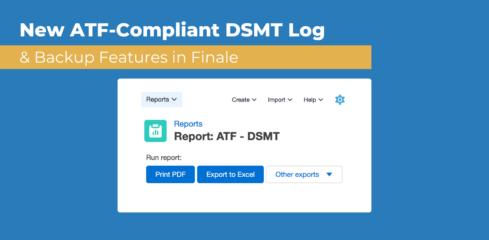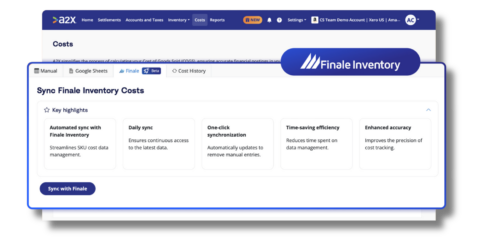Medical Supplies and Inventory Management

Medical inventory has a lot of moving parts. Healthcare facilities must juggle budget restrictions and fluctuating drug demands while ensuring they comply with regulations. They don’t have time to be handling spreadsheets and managing inventory, especially when a faster option is available. Inventory management for healthcare environments allows doctors and nurses to spend more time with patients, minimizing losses for the organization and contributing to patient safety.
The Importance of Inventory Management for Healthcare
What does inventory management look like for healthcare organizations, and how does it meet all those requirements? Much of it comes down to automation and paying attention to the unique characteristics of medical supplies. These include:
- Expiration dates. Many medications and supplies expire, and administering expired medication can be dangerous. A well-managed medical supplies inventory keeps track of these dates, so providers can dispose of expired supplies.
- Theft. Many medications, like narcotics, are prone to theft. While keeping them under lock and key is great, inventory management technology can also track them to help identify any losses and aid in preventing future theft. For instance, with reporting documents, you may be able to identify where spikes in demand occur or track employee numbers used to log out supplies.
- Replenishment. While many medical supplies see relatively consistent use patterns, others can spike or see lulls. In either case, it’s critical for healthcare facilities to have reliable stocks, especially for emergency-use items. Inventory management can also help avoid overstocking. It offers reports that help with predicting demand and creates notifications or automatic ordering when supplies run low.
- Government and legal requirements. Medical facilities must meet strict government regulations and protect themselves in the event of potential litigation. They may need to generate reports and issue serial tracking numbers for certain products. Inventory management technology can offer these capabilities.
- Maintenance. With such an important job to do, a medical equipment supply must be well-maintained. Medical equipment inventory management involves creating testing and maintenance task schedules to keep everything working when it’s needed.
To address issues like these, inventory management software must be accurate. The system might use barcodes or radio-frequency identification (RFID) integration to identify and manage items, along with appropriate labeling and tagging systems.
Managing Supplies During Times of Need
During health-related outbreaks, medical facilities must be on top of their game. They need to stay ahead of demand and ensure that patients can get what they need quickly. Healthcare facilities often struggle to keep up in busy times, making inventory management not just helpful, but critical. With things moving quickly, inventory management software allows you to adapt to the changes, and you can position your facility as reliable, dependable and the best place to go for quality care.
Finale Inventory for Healthcare Inventory Management
Finale Inventory offers all of the advanced features that healthcare facilities need and then some. It can help you automate your inventory, purchasing/replenishment and barcode labeling. With features for analytics and serial tracking, Finale Inventory is an excellent solution for hospitals, clinics and many other facilities looking to meet patient and regulatory needs, make operations more efficient and automate their inventory processes.
To learn more about what Finale Inventory can do for your facility, reach out to a representative or schedule a demo today.




